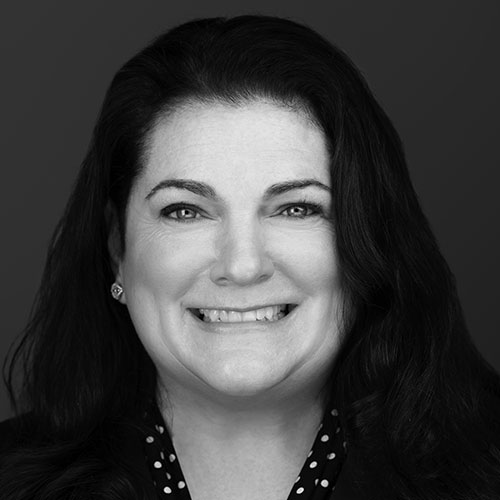A new era in women’s health is being ushered in by women in their 50s. Menopause, once kept quiet, is now making headlines.

Claire Gill
Founder, National Menopause Foundation
One thing all women born with a uterus have in common, if they live long enough, is that they will experience menopause. Menopause is a point in time 12 months after a woman’s last period. It annually affects approximately 500 million women aged 42 to 55 years. The average age for women experiencing menopause in the United States is 51. In contrast to puberty, or even childbirth, there isn’t a common curriculum or course to prepare for this stage of life, and many physicians’ knowledge and competence is inadequate. As a result, women have been left to figure it out on their own — until now.
Women empowering women
Unlike the silence that many of our mothers and grandmothers experienced, women are speaking publicly about their experience. These conversations are being led by women in their 50s who are making it a point to dive deep into the science around menopause and share what they’ve learned.
In 2019, the National Menopause Foundation launched in the United States. It’s mission is to be a trusted and relatable resource to raise awareness and understanding of menopause through education, activism, and community building. Through its podcast The Positive Pause, electronic newsletter The Hot Flash®, and educational programs and webinars, women can get up-to-date and scientifically accurate information about menopause and how to manage their symptoms. Since its founding, additional organizations have launched to add to the conversation and to reach more women.
Also driving increased publicity and awareness around menopause is its economic impact. The global menopause market is approximately $16.1 billion USD in 2022 and is expected to reach $24.4 billion by 2030.
Women entrepreneurs, many experiencing menopausal symptoms themselves, looked for solutions in the marketplace over the past 5-10 years and found none. So they have created them. Now there are many innovative products and services targeting women at midlife, but there is still room and need for many more. The future can only get brighter as women continue to reclaim the narrative around this important life transition.

